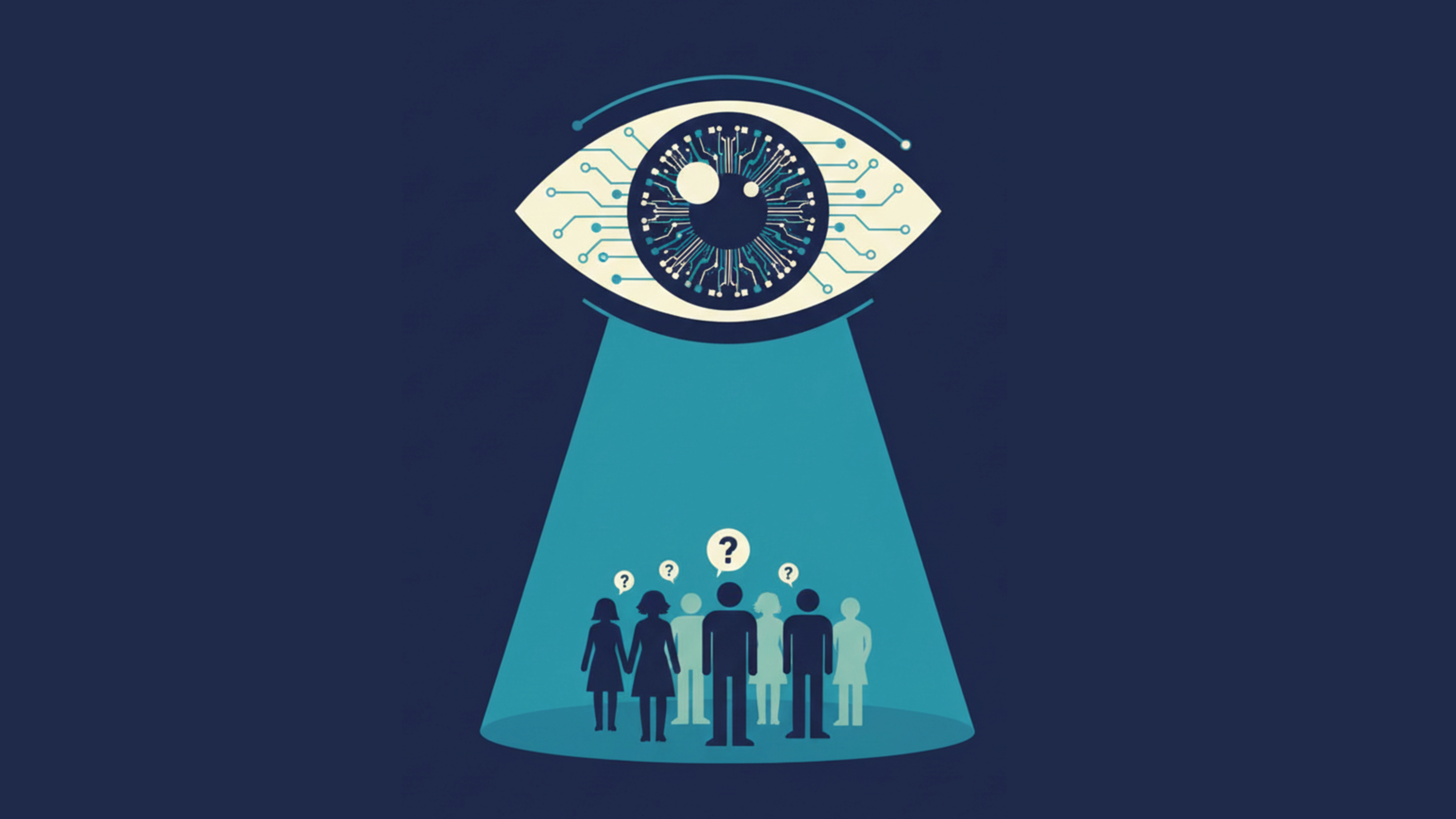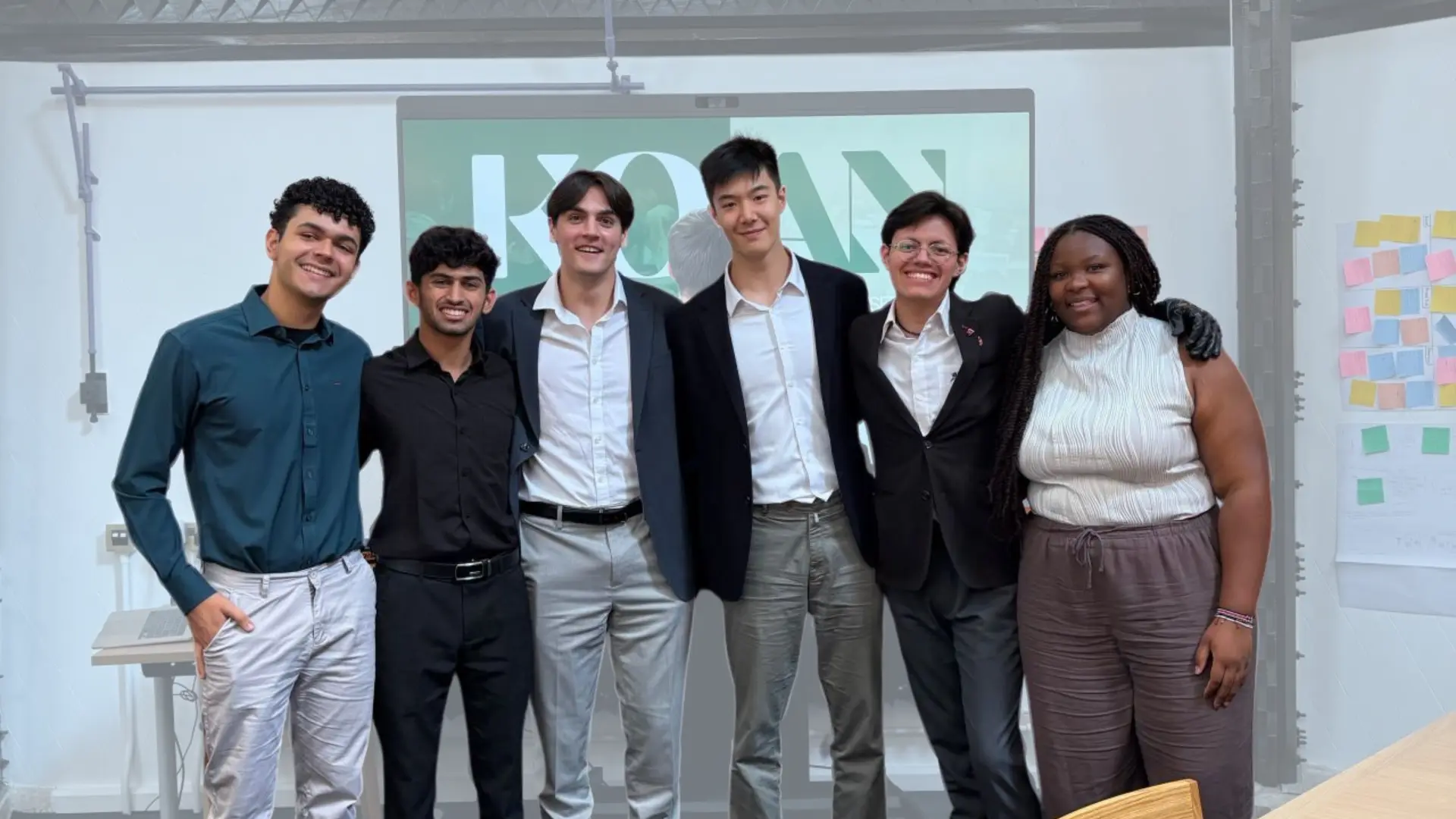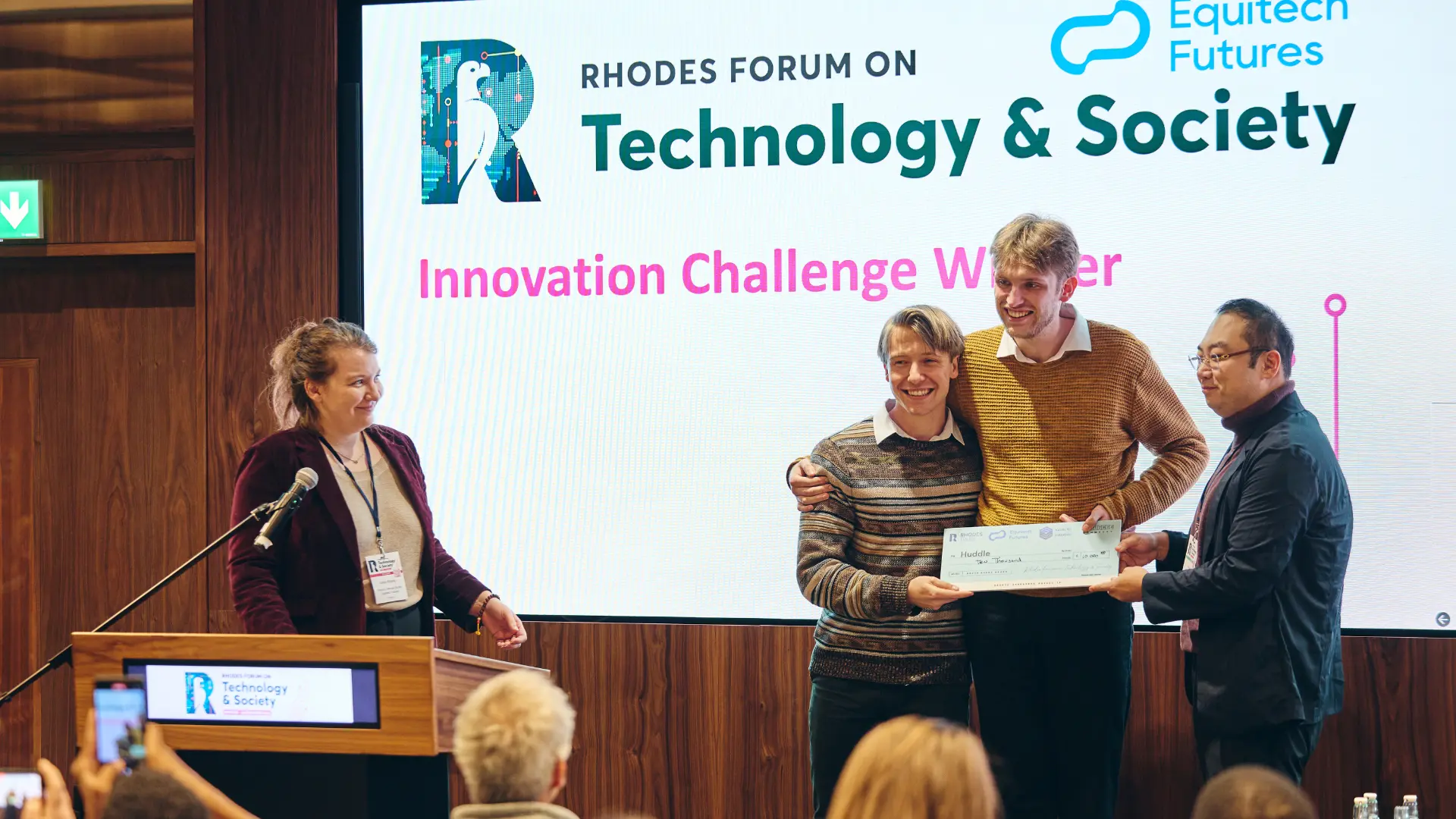
Newsroom
Rise Global Winner develops machine learning model to detect signs of elephant poaching and safeguard against extinction
May 31, 2023
5 min read
Dhruv Sheth, a high school student from Mumbai, India, came to Equitech Futures last year as a finalist for Rise, a scholarship and career development program for talented high school students launched by Schmidt Futures and the Rhodes Trust.
“I wanted to be part of a community and meet people as passionate about their projects as myself, and I suspected Rise could connect me to different people who could support me to bring my projects to reality,” he says.
Out of thousands of applicants worldwide, 500 students were chosen as finalists in the Rise program and were offered the opportunity to take a course of study in a topic of their interest. Equitech Futures offered one such course entitled Do Robots Dream of Electric Sheep, a survey of the social impacts of artificial intelligence (AI) taught by Equitech Futures founder Dr. Abhilash Mishra and named after the science fiction novel penned by Philip K. Dick. Dhruv was one of those finalists and enrolled in the Equitech Futures benefit course.
“When I started my journey in machine learning and AI, I never took a formal course to go through the basics because I was more project oriented,” Dhruv says. “I worried Equitech’s benefit course for Rise would just be another traditional course in machine learning. But when Abhilash started teaching, it quickly became a lot more intriguing and practical than I thought, especially with our breakout sessions. The practice-based learning was different from traditional courses I’d taken. It was much more engaging than just working on your project because you were simultaneously learning about others’ projects. I left each session with a whole lot of ideas about how I could impact my community beyond the one idea I came up with initially. The students were genuinely passionate about each other’s capstone projects, and I found their work really interesting. Cohort-based learning is a lot more impactful and fun than just skimming through the content.”
Dhruv says that Equitech Futures introduced him to the ethical considerations of AI which was a domain he’d never touched before. “For example, Abhilash broke down the algorithm of TikTok and how important it is to understand these algorithms since social media sites have a significant impact on their population of users. Ethical AI is an important concept I was introduced to that now I’m very passionate about.”
Before applying to Rise, Dhruv participated in a hackathon with an organization called Elephant Edge, where he developed a machine learning model that would later be selected among the top 10 in the hackathon.

Dhruv wanted to prevent conflict between elephants and humans - specifically the practice of poaching - through the utilization of data science and technology. Dhruv’s project employed a machine learning model that could sense patterns of elephant acoustics and various gait movements and thereby decipher if an elephant was prone to poaching or not. In the past, elephant collars have mainly been GPS-based but with this newest technology, Elephant Edge proposed a concept of modifying the elephant collars to go beyond the GPS, resulting in a smarter tracker.
When creating the machine, Dhruv explored three different modalities. First, he explored computer vision to identify threats to the elephants but quickly realized it was too power intensive and therefore not cost effective. Seeking a model which would last longer than 10 years, Dhruv strove to create a lightweight machine that consumed minimal power, which helped maintain affordability and sustainability. Dhruv also identified acoustics patterns using sound-based sensors from elephants to determine various threats. Finally, Dhruv employed Inertia Measuring Units (IMU) through mobile phones to identify elephant movements including their direction of movement. Combining modes of both sound and movement identification, trackers were built to recognize threats or biomarkers for poaching. Due to the effectiveness of Dhruv’s trackers, his project was selected to be deployed in the Liwonde Wildlife National Park in South Africa through an app called Smart Parks. Park rangers use this app extensively and have successfully averted poaching in several instances. Smart Parks has become affiliated with other national parks, and the team is presently working to expand its application to more endangered animals.

Finalists for Rise need to present an original project for social impact, and Dhruv focused his on vertical farming. He explored how greenhouses provide the ideal controlled environment for plants to grow efficiently. He developed a computer vision approach technology which aims to use images to identify patterns and predict plant growth in ensuing months. This helps farmers make strategic decisions in order to ensure efficient growth of crops.
Out of 500 finalists for Rise, 100 are selected as Global Winners and are eligible for four-year college scholarships and funding to help them scale their ideas. In September 2022, Dhruv learned he was one of those top 100 Global Winners. He was subsequently accepted to Caltech to study Computer Science, and will begin his undergraduate studies in the fall of 2023. He is excited to continue to work on data science and AI projects with peers, particularly working with NASA JPL in the future through the SURF program, Caltech’s undergraduate research fellowship.
When asked about advice for future students, Dhruv says:
“Be passionate about the stuff you’re doing and if you strive to make that thing come true, then you could get the resources. There are no financial barriers that can stop you because there are various technology grants and companies you can reach out to that might fund your project. If you’re passionate about an idea, you can make the ideas meet at some point. Be passionate about the thing you’re making, and you’ll eventually find success.”
More details about Dhruv's research work can be found here.
Sonali Aatresh contributed to this article.
More articles
.webp)
Newsroom
No Innovator Left Behind: How Equitech Futures uses philanthropic capital to maximize impact

Newsroom



















.webp)




.webp)


.webp)








.webp)















.webp)

.webp)


.webp)


.webp)






.webp)



